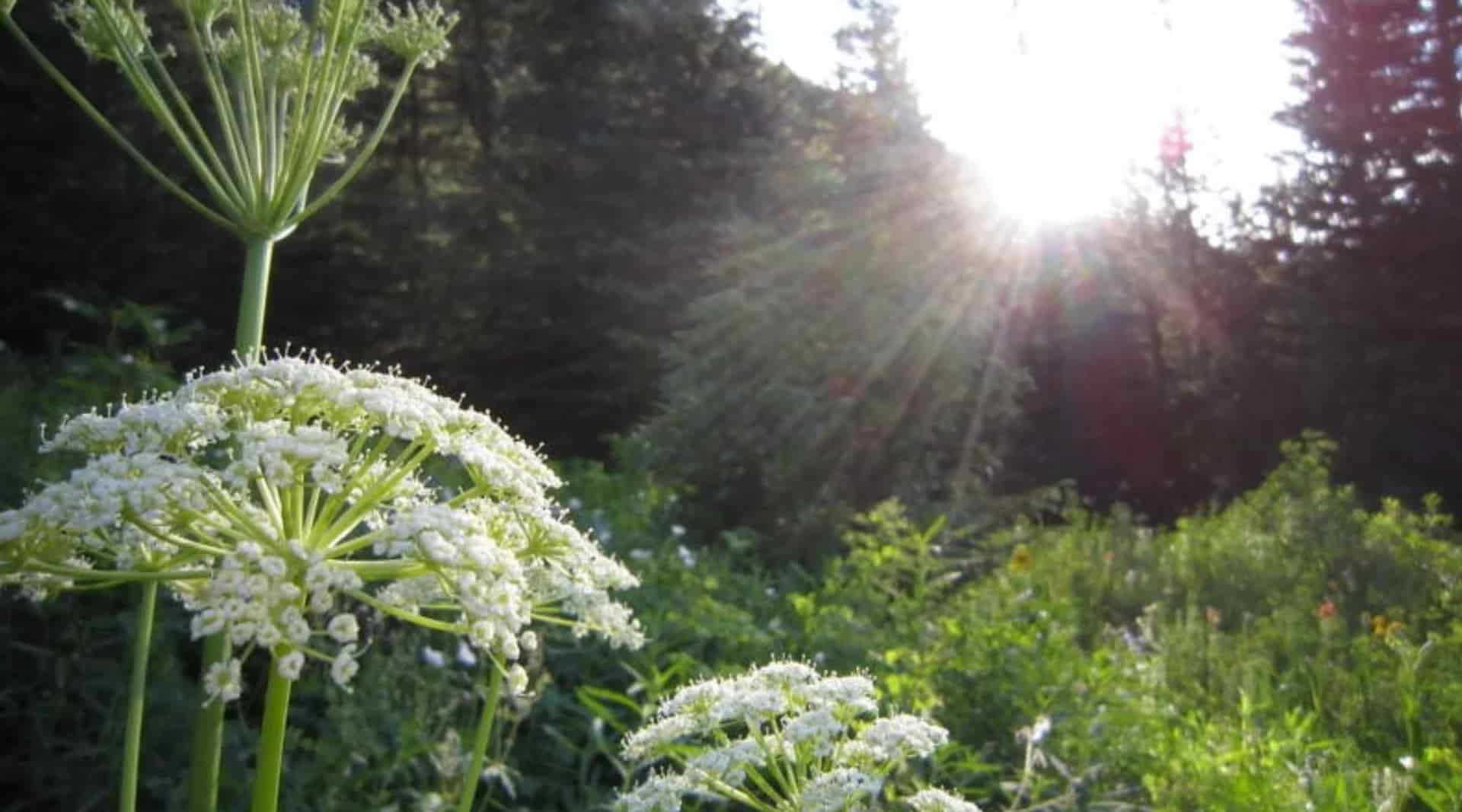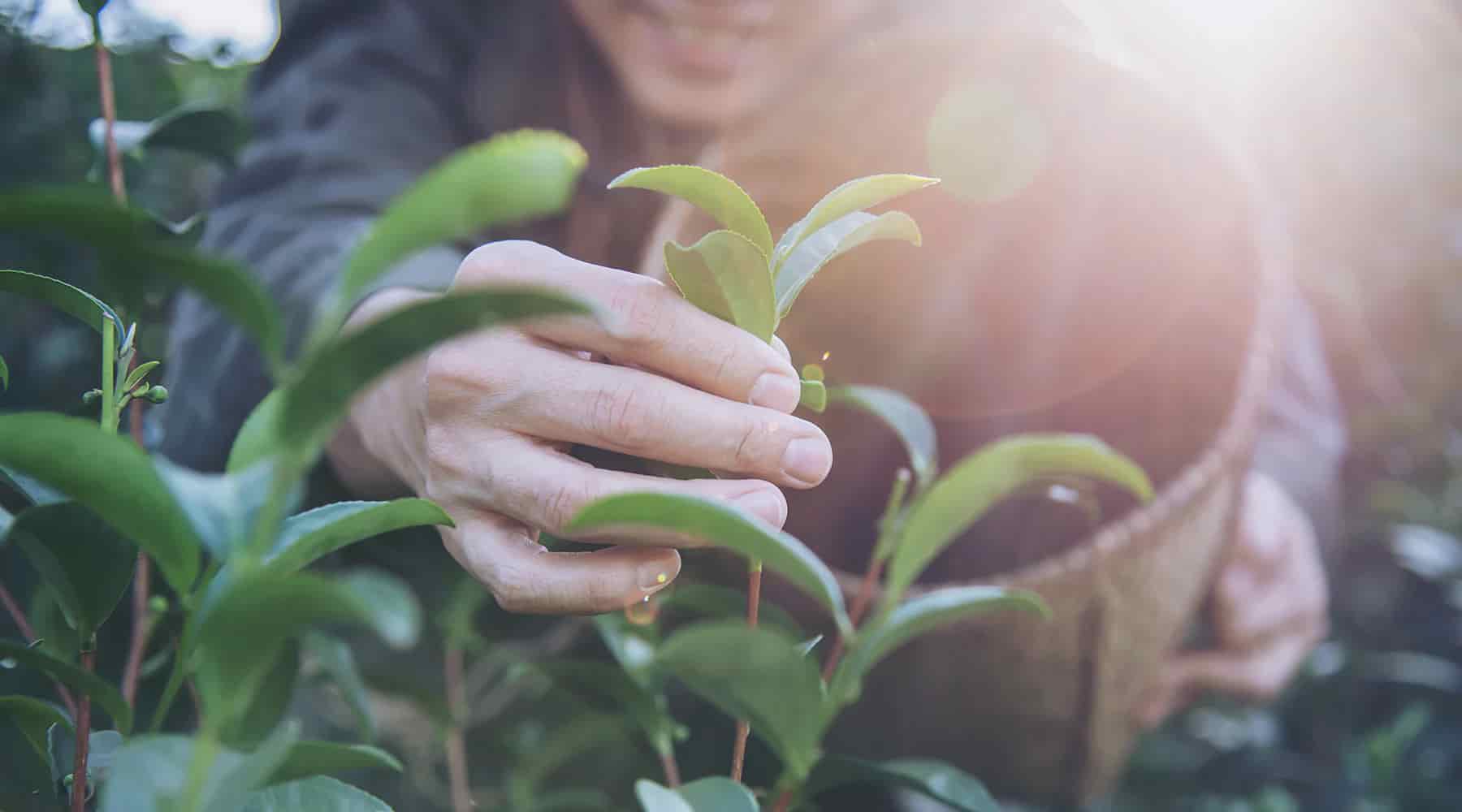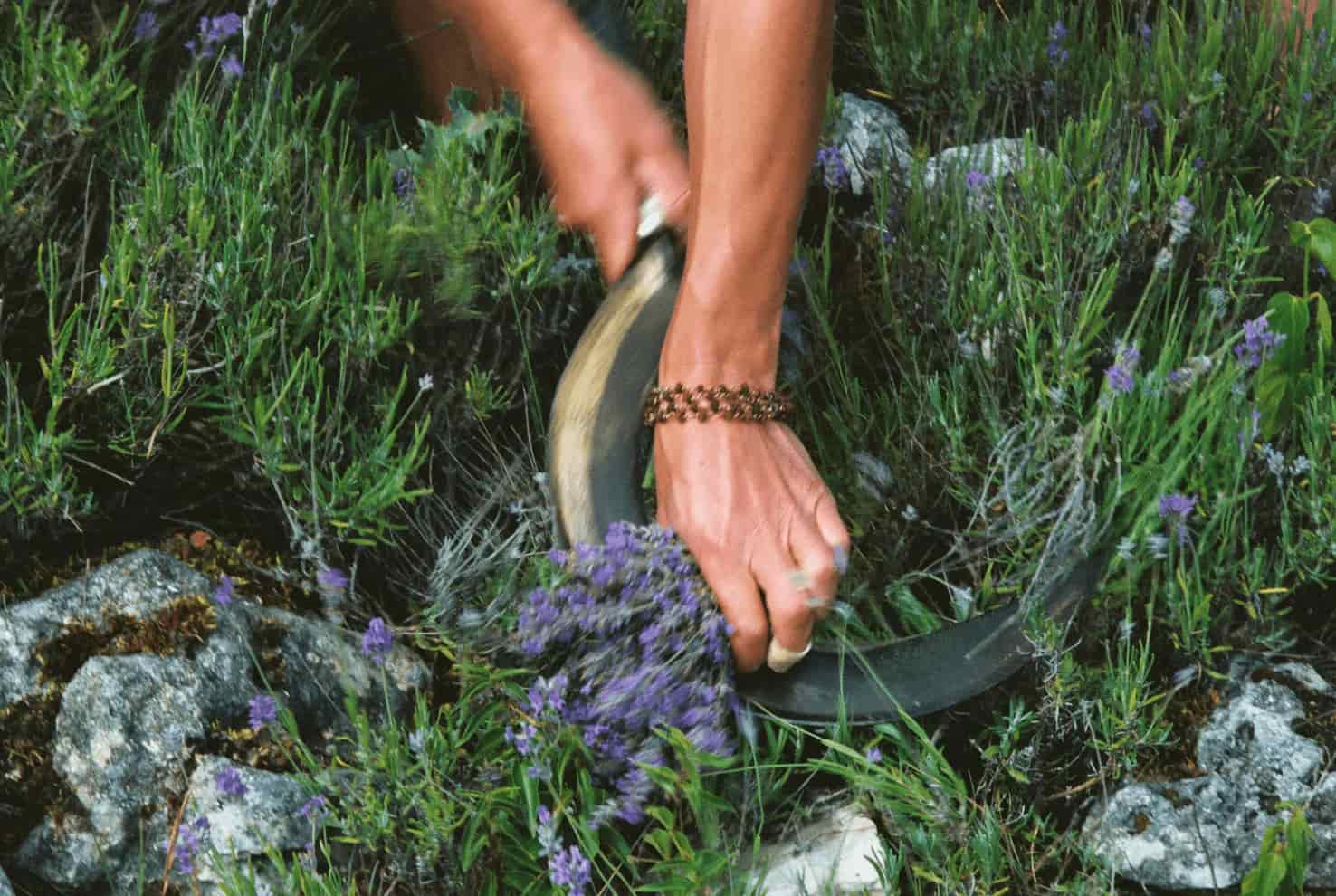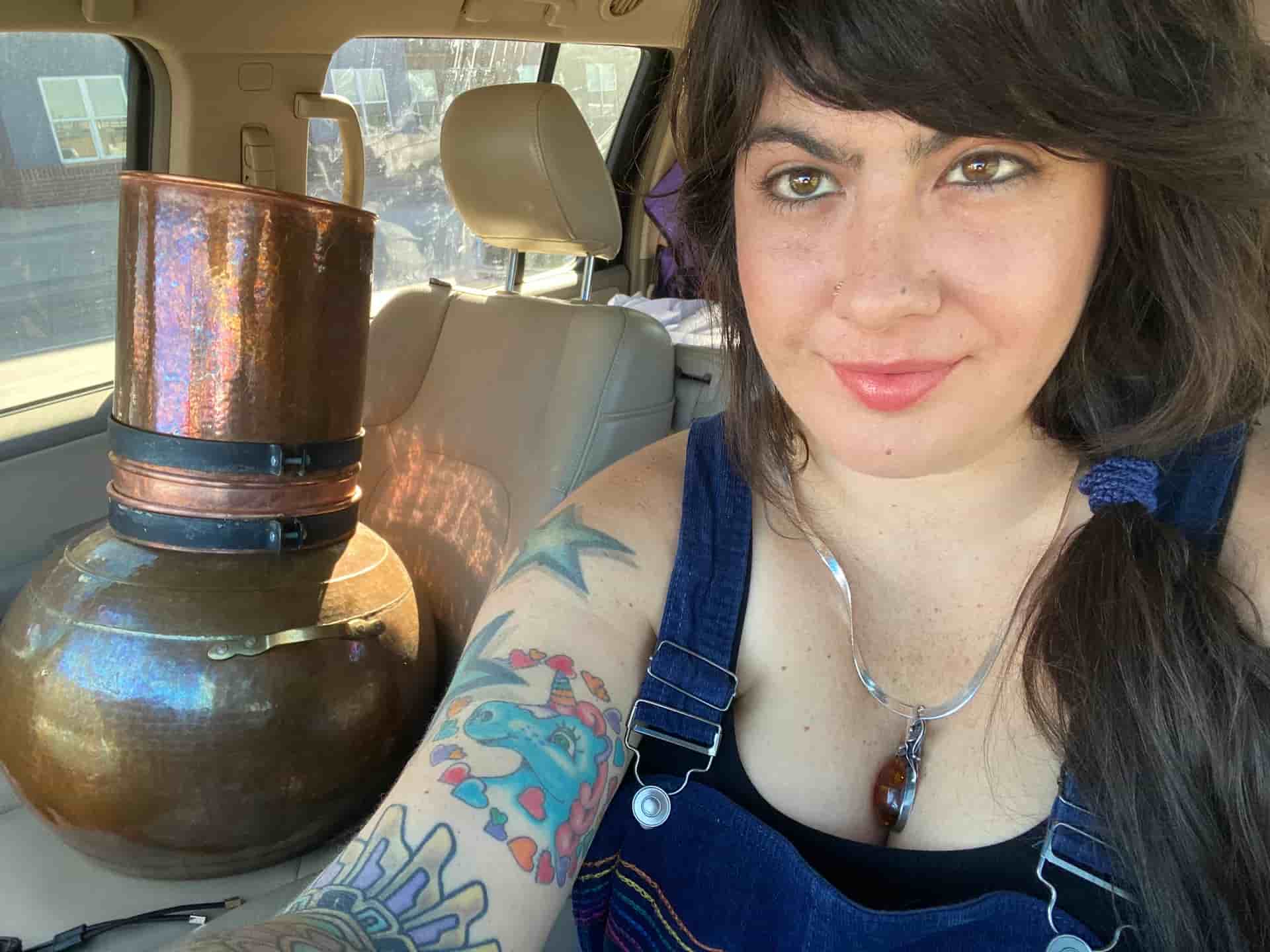Medicinal plants have taken center stage in the natural products industry. Herbal teas, essential oils, and supplements are being used now more than ever, putting plant species at risk because of over-harvesting and unsustainable growing practices. As a result, it’s become critical to prioritize sourcing plants from regenerative organic farms and forest farmers who grow and harvest sustainably. Is this plant ethical to work with? Can we respect the plant population and source sustainability? At WishGarden, this is where we begin: intentional sourcing of sustainably grown medicinal plants.
Understanding Plant Cycles
In herbalism, we source herbs harvested during their peak grow cycle for optimal functional benefit. Medicinal plants are best during different times of the year depending on the plant’s molecular makeup. For example, St. John’s wort or Hypericum perforitum, blooms during the Summer Solstice, because the plant’s main compound, hypericin, is found most prevalent at this stage. We use the blooms for oil infusions and the leaves and stems (aerials) for tincturing. Peppermint or lemon balm leaves (mint family favorites) have optimal aromatic constituents before they flower, therefore farms who understand this plant’s life cycle provide higher quality herbs, which makes for higher quality tinctures.
Regenerative Sourcing
Regenerative farm models go beyond organic certifications. Regenerative farming focuses on people, plants, and soil. As sourcing manager for WishGarden Herbs, I prioritize purchasing from regenerative farms because they focus on optimal harvesting techniques and organic practices every step of the process. Regenerative farm workers earn fair wages and experience an overall better work environment. As a result, they are happier. And good energy makes all the difference in plant quality because energetics matter when handling plants.
Relationship Building
Building meaningful relationships with organic farmers, forest farmers, and our sustainable wildcrafters is extremely important because we can develop a better sense of plant quality. We can conduct quality onsite visits, access quality documents, and better determine sustainable fair-trade practices are being met. We can also avoid costly purchase returns by talking through our quality expectations. Finally, we can be a better partner to our suppliers by better understanding their pain points and facilitating opportunities for growth.

Oshala Farm, Oregon
One example of a strong and cherished supplier partnership is with Oshala Farm. Along the Applegate River in Oregon, Oshala Farm grows certified organic medicinal herbs. Oshala has 290 acres, 75 acres remain wild forest land where medicinal herbs are preserved naturally or sustainably harvested. 28 people work on the farm year around unlike seasonal commercial farms, which focus on fast and furious grow seasons. We purchase several medicinal herbs from Oshala Farm including ashwagandha, holy basil, and yarrow. I had the great pleasure of visiting their land and attending their 2023 annual plant camp for herbalists and plant lovers alike. Upon arriving on the farm, vibrant deep purple Lavender greeted me. The hot sun released its powerful relaxing aromatics into the air and I felt right at home. Jeff and Elise graciously led me through Yarrow, Blue Vervain fields and drying rooms so I could observe how plants are cultivated, harvested, and dried before packing. Each process was explained thoroughly with organic & sustainable intentions in mind.

It’s not easy growing medicinal plants in today’s unpredictable weather patterns, though Elise and Jeff Higley, owners of Oshala, cultivate more than high quality plants, they create magical relationships between people and the land.
Integrity Since Inception
Intentional sourcing has been a WishGarden value since the beginning. 30+ years ago, our founder Catherine Hunziker, was a thought leader in the budding industry around ethical wild-crafting practices and has worked with Rocky Mountain plant field experts in conserving osha root, a critically at-risk species. Her efforts have sparked important conversations around industry practices and herb sustainability. We’ve stayed true to this intention, and have recently received an award for Supply Chain Integrity from the Nutrition Business Journal.

Catherine Hunziker, WishGarden Herbs founder and chief formulator, accepted the award from Nutrition Business Journal for Supply Chain Integrity (July-2023)
It’s more critical than ever to pay attention to shrinking biodiversity and prioritize sustainable sourcing. We need regenerative farmers, forest farmers, and sustainable wildcrafters more than ever and we’re so proud to be supporting these efforts and developing strong relationships for decades to come.
Lauren Ann Nichols-Sheffler attended The Colorado School of Clinical Herbalism and received her certificate in medical herbalism. She is the owner of Blue Yarrow Herbs aka Herbal Vice, an herbal product company practicing bioregional herbalism by cultivating plants and sourcing locally. Lauren loves educating and advocating for plant sustainability. She is the sourcing and Purchasing manager for WishGarden Herbs.
For educational purposes only. This information has not been evaluated by the Food and Drug Administration. This information is not intended to diagnose, treat, cure, or prevent any disease, or sell any product.
Recommended Products
Further Reading













